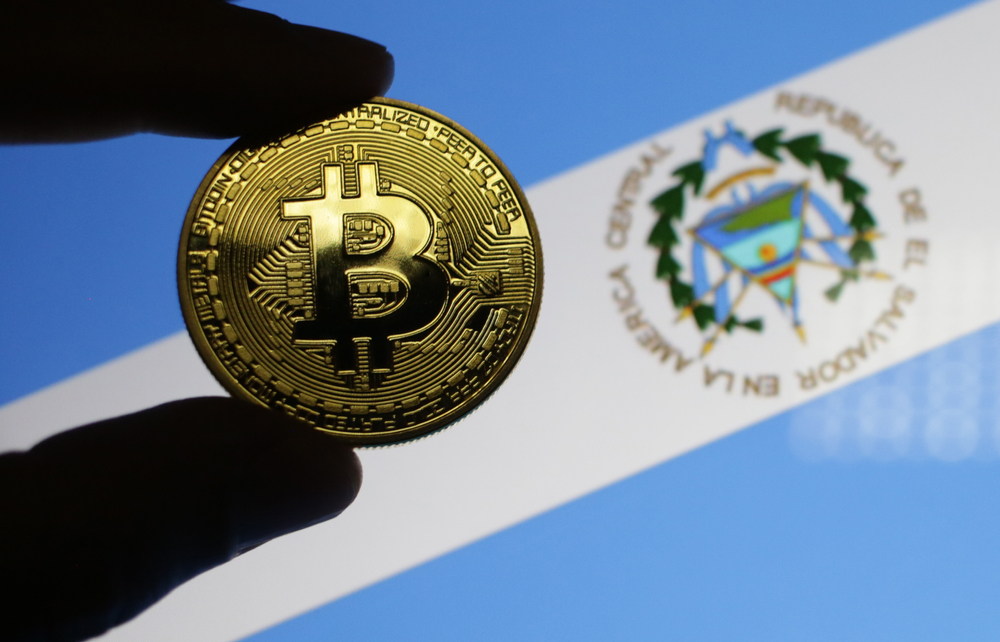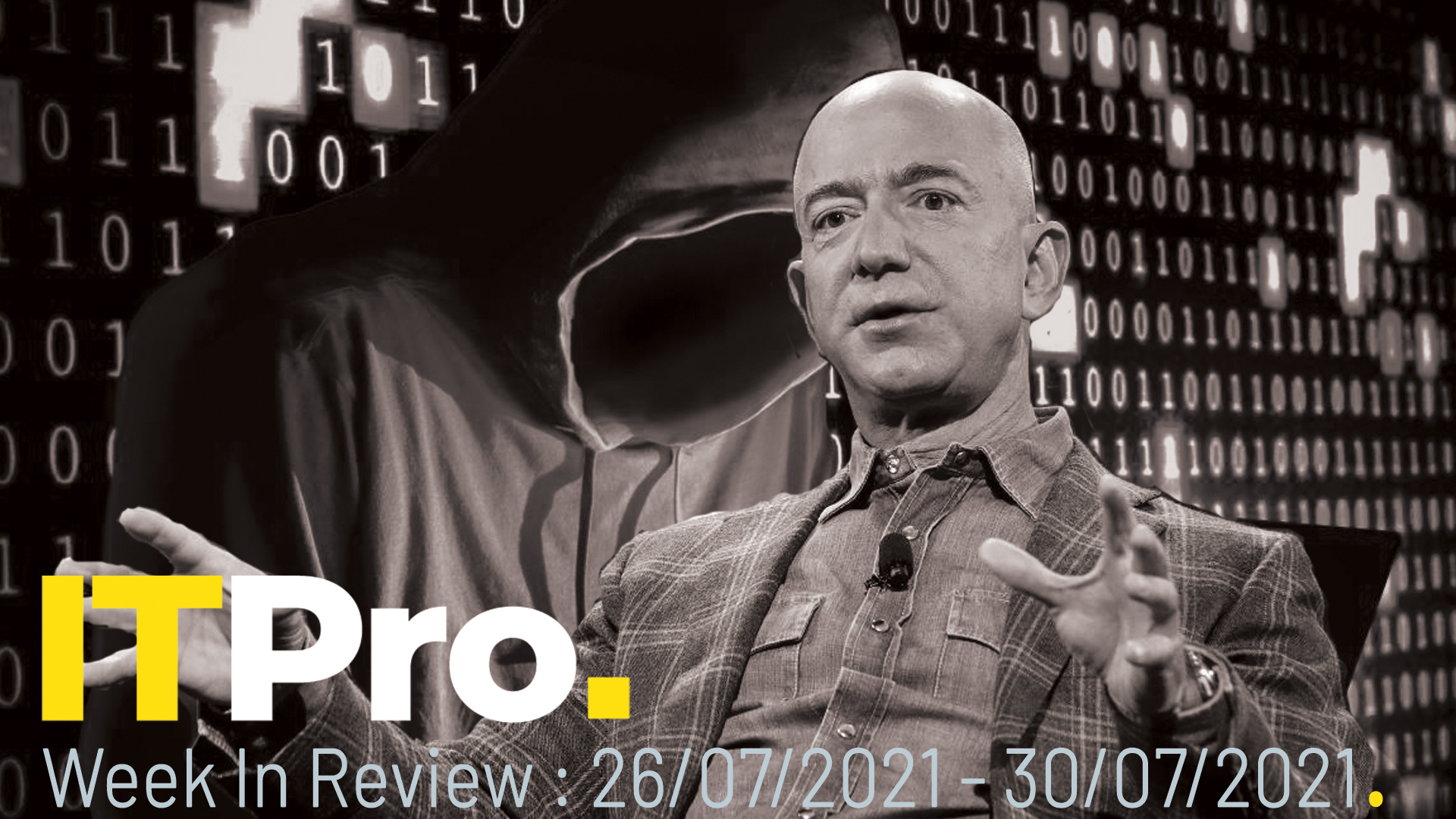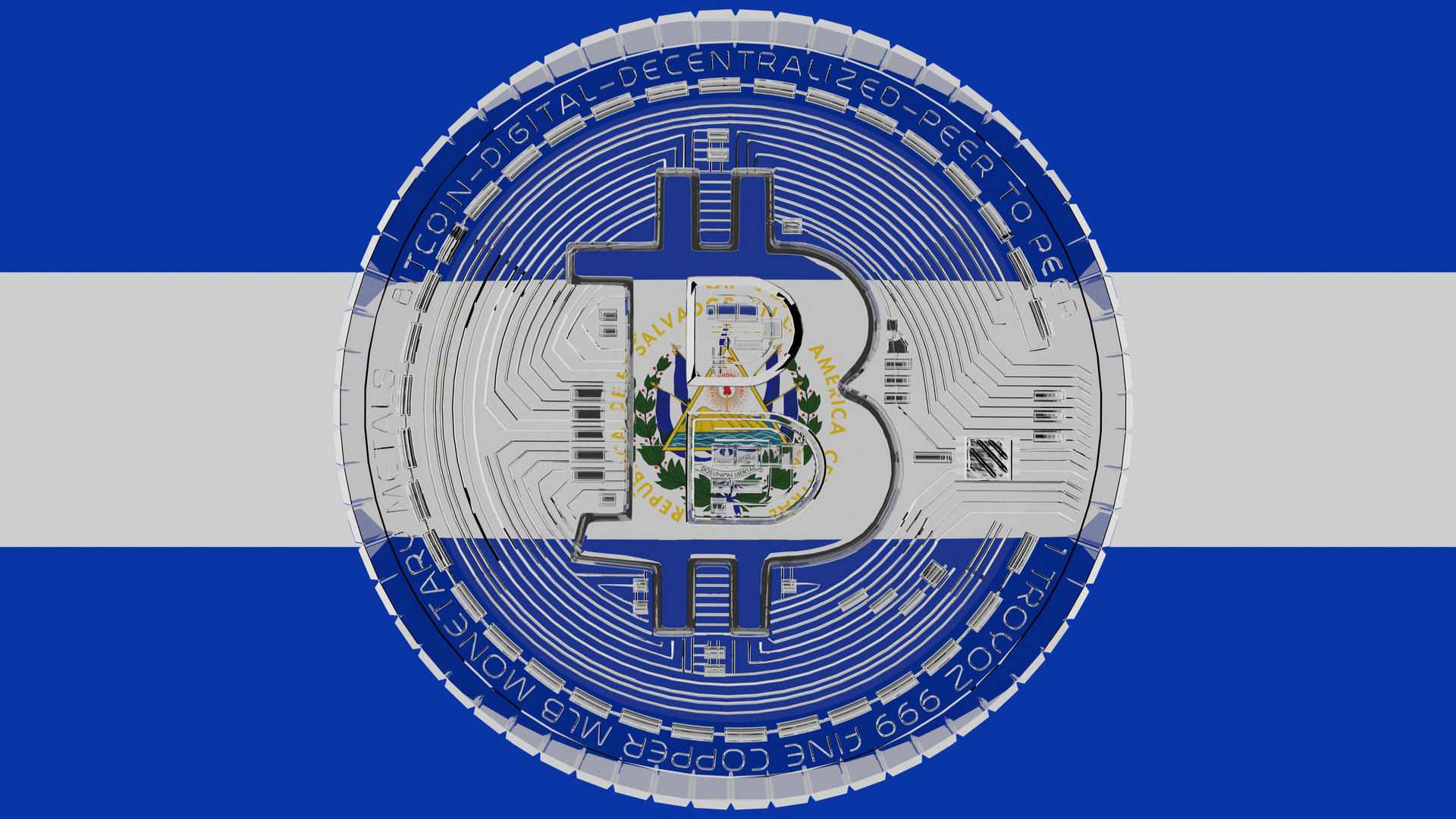EU promises crackdown on Bitcoin following Paris attacks
The plans are part of an EU-wide initiative to more carefully regulate non-banking payment methods


Sign up today and you will receive a free copy of our Future Focus 2025 report - the leading guidance on AI, cybersecurity and other IT challenges as per 700+ senior executives
You are now subscribed
Your newsletter sign-up was successful
The EU has pledged to clamp down on non-banking payment methods such as Bitcoin, which could be viewed as financing terrorism.
Digital currencies can allow anonymous payments to be made by terrorists, the EU said, as well as pre-paid credit cards that can be obtained easily by criminals and used without being tracked by the authorities.
The European Commission said in draft proposals that it plans to "strengthen controls of non-banking payment methods such as electronic/anonymous payments and virtual currencies and transfers of gold, precious metals, by pre-paid cards".
EU interior and justice ministers will meet to discuss the proposals today, alongside other pressing matters related to the devastating attacks in Paris last week where 129 people were brutally killed by terrorists claiming to be part of ISIS.
On Tuesday, the European Commission laid out plans to assess the role of virtual currencies for nefarious purposes, stating: "Among the sectors under assessment, the use of virtual currencies will be subject to particular attention, as requested by the European Council of 26th January, 2015."
"Member states will have to comply with such measures or explain the reasons why they ask for derogations," the memo continued.
The EU will additionally produce "a list of countries which present some deficiencies in their anti-money laundering (AML) and terrorist financing regimes".
Sign up today and you will receive a free copy of our Future Focus 2025 report - the leading guidance on AI, cybersecurity and other IT challenges as per 700+ senior executives
Other subjects on the agenda include plans "to curb more effectively the illicit trade in cultural goods," although it' is not clear what this will entail and how this relates to recent events in Paris.
Bitcoin is the most commonly used virtual currency in circulation and is especially useful in allowing people to trade money anonymously around the web, making a perfect option for terrorist groups to use.

Clare is the founder of Blue Cactus Digital, a digital marketing company that helps ethical and sustainability-focused businesses grow their customer base.
Prior to becoming a marketer, Clare was a journalist, working at a range of mobile device-focused outlets including Know Your Mobile before moving into freelance life.
As a freelance writer, she drew on her expertise in mobility to write features and guides for ITPro, as well as regularly writing news stories on a wide range of topics.
-
 AWS CEO Matt Garman isn’t convinced AI spells the end of the software industry
AWS CEO Matt Garman isn’t convinced AI spells the end of the software industryNews Software stocks have taken a beating in recent weeks, but AWS CEO Matt Garman has joined Nvidia's Jensen Huang and Databricks CEO Ali Ghodsi in pouring cold water on the AI-fueled hysteria.
-
 Deepfake business risks are growing
Deepfake business risks are growingIn-depth As the risk of being targeted by deepfakes increases, what should businesses be looking out for?
-
 IMF urges El Salvador to remove Bitcoin as legal tender
IMF urges El Salvador to remove Bitcoin as legal tenderNews The country sought a $1.3 billion loan from the IMF last year, although this has been reportedly hindered by the fund’s Bitcoin concerns
-
 Cryptocurrency: Should you invest?
Cryptocurrency: Should you invest?In-depth Cryptocurrencies aren’t going away – but big questions remain over their longevity, the amount of energy they consume and the morals of investing
-
 IT Pro News in Review: Record profits in tech, hackers turn to new languages for malware, Amazon's Bitcoin plans
IT Pro News in Review: Record profits in tech, hackers turn to new languages for malware, Amazon's Bitcoin plansVideo Catch up on the most important news of the week in just two minutes
-
 El Salvador offers its citizens free Bitcoin
El Salvador offers its citizens free BitcoinNews Bukele doubles down on crypto commitment with a giveaway
-
 Square and Blockstream to build a solar Bitcoin mining facility
Square and Blockstream to build a solar Bitcoin mining facilityNews Solar mining plant will aim to temper concerns of power consumption from Bitcoin mining
-
 What are altcoins and how do they work?
What are altcoins and how do they work?In-depth The alternatives to Bitcoin explained
-
 Steve Wozniak sues YouTube over Bitcoin scam videos
Steve Wozniak sues YouTube over Bitcoin scam videosNews Lawsuit claims YouTube is aware of the Bitcoin giveaway scams but hasn’t taken videos down
-
 Bitcoin scam exposes the personal details of 250,000 people
Bitcoin scam exposes the personal details of 250,000 peopleNews The UK and Australia represent approximately 93% of users hit by the crypto-scam